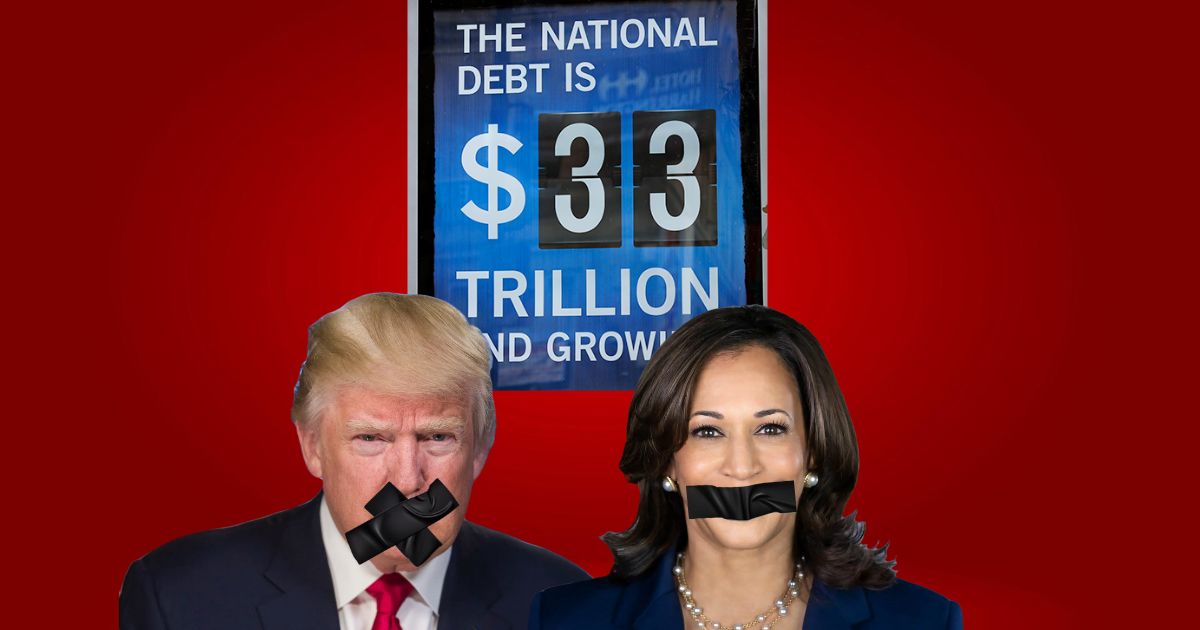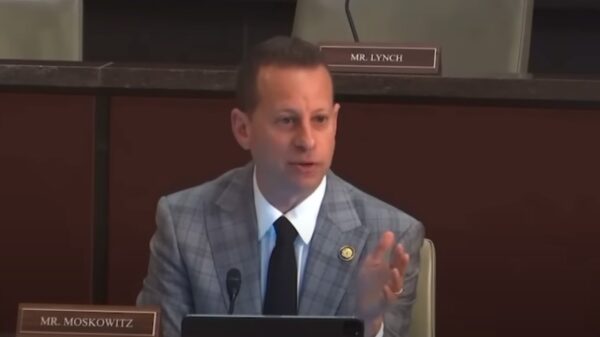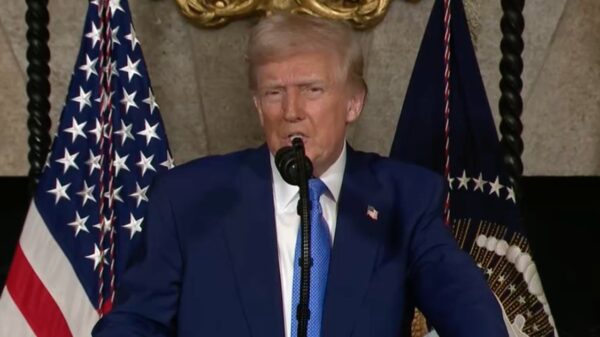By Michael R. Strain, American Enterprise Institute
A reasonable observer of the 2024 presidential race would conclude that Kamala Harris and Donald Trump are wildly different candidates. But, by failing to address the country’s ballooning national debt, there may be more agreement between them than meets the eye.
Washington, DC – US Vice President Kamala Harris released a detailed policy book this week. The words “national debt” are mentioned only once. At this month’s US presidential debate, the word “debt” was not mentioned once. Neither were the words “revenue,” “spending,” and “budget.”
To be fair, Harris mentioned the budget deficit in her policy book and twice during the debate, arguing that former President Donald Trump’s tax plan would add to it and that her policies are more fiscally responsible. But apart from a brief mention here or there, neither candidate is engaging in a serious discussion of the country’s disastrous fiscal trajectory.
America’s debt is on a perilous path, and silence is no solution. In the 1980s and 1990s, the US debt-to-GDP ratio was around 39%; by 2010, it had grown to 60.6%. The nonpartisan Congressional Budget Office (CBO) projects that the national debt will grow steadily for decades, equaling aggregate economic output by 2025 and rising to 122.4% of GDP by 2034.
Some might argue that assigning blame for the structural deficit to either spending or revenue is confused accounting or politically motivated economic analysis, because the deficit is a gap (revenue minus spending). I disagree. America’s fiscal imbalance is driven by too much government spending, not too little tax revenue.
Between 1974 and 2023, tax revenue averaged 17.3% of GDP, while government spending averaged 21%. By 2034, the CBO projects that tax revenue will be slightly above this average, at 18% of GDP, but that government spending will be much higher, at 24.9%. The government’s rising debt can thus be attributed to outlays, which are expected to grow faster than revenue.
Moreover, only three spending categories are projected to grow over the next decade: Social Security, Medicare, and interest payments on outstanding debt (which are estimated to surpass the defense budget this year). Government outlays on everything else – from the military and education to scientific research and national parks – are expected to fall. Addressing America’s fiscal problem therefore requires leaning heavily on cuts to Social Security and Medicare.
Of course, an increase in tax revenue would reduce the deficit. But even allowing the 2017 tax cuts to expire fully – a policy neither Trump nor Harris supports – would not be enough to stop the debt from growing to unsustainable levels over the long term, given the projected increase in spending. According to the Committee for a Responsible Federal Budget’s debt model, fully repealing the 2017 tax cuts, coupled with taxing capital gains and dividends as ordinary income, would reduce the expected debt-to-GDP ratio in 2050 by only four percentage points, from 155% to 151%.
With several fiscally momentous events on the horizon, Trump and Harris should be pressed to address this issue. For starters, many provisions of the 2017 tax cuts will expire next year. How are the candidates thinking about reforming the tax code in light of the nation’s fiscal challenges?
The Social Security trust fund will be insolvent in 2035, and Medicare’s hospital insurance trust fund will be depleted the following year. Those estimates, from the programs’ trustees, vary over time depending on a variety of factors, but the money could run out earlier than is currently forecast.
Both Trump and Harris have stated their opposition to cuts to Social Security and Medicare, but neither has answered the obvious follow-up questions: Given the nation’s ever-rising debt, how can such cuts be avoided? And why would avoiding them be the better choice? It is plausible that Harris, if she wins in November and is re-elected in 2028, will preside over a massive restructuring of these programs should the trust funds go bust on her watch, making it crucial to ask how she would approach such a task.
The national debt is one of the most pressing issues facing the US and, if left unchecked, could trigger a fiscal crisis in which the erosion of investor confidence precipitates a large increase in interest rates. This would lead to volatile equity markets and even higher interest payments for the federal government. Likewise, a ballooning deficit could lead to an abrupt rise in expected inflation, putting pressure on the US Federal Reserve to hike interest rates.
Such a crisis could happen in the future, but the debt has been damaging the economy for decades. According to the CBO, each dollar increase in the federal deficit lowers private investment by roughly 33 cents. As a result, America has a smaller stock of capital, making workers less productive, lowering wages, and likely reducing participation in the workforce. Rising debt has thus been gradually and steadily eroding the foundations of prosperity.
Beyond these direct harms, a growing deficit has opportunity costs. Large outlays for debt service reduce the fiscal space needed to invest in national defense, scientific research, and policies to expand economic opportunity.
A reasonable observer of the 2024 contest would conclude that there is little Harris and Trump agree upon. But they seem to concur that one of the most important issues facing the US should be ignored during the campaign and left unaddressed during the next presidential term. On America’s economic future, they agree much more than meets the eye.






















